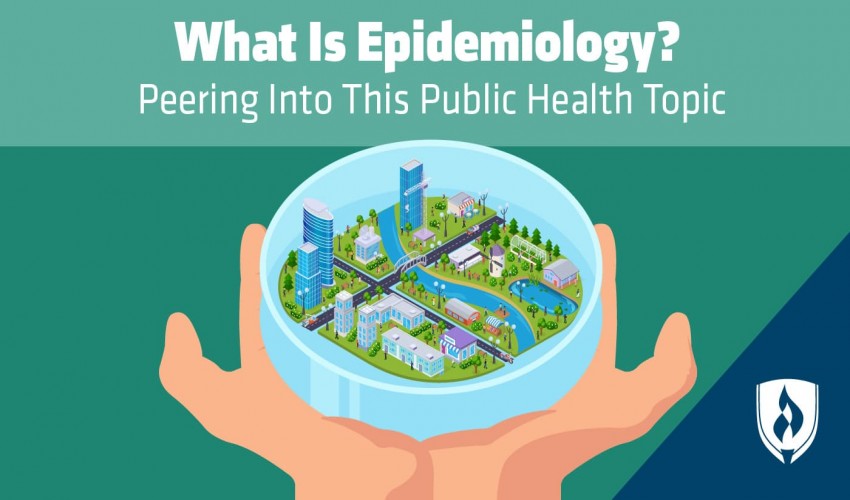
Epidemiology
Epidemiology is the branch of medical science that
investigates all the factors that determine the presence or absence of diseases
and disorders. Epidemiological research helps us to understand how many people
have a disease or disorder, if those numbers are changing, and how the disorder
affects our society and our economy.
- Epidemiology is the study of how the disease is
distributed in populations and the factors that influence or determine this
distribution.
- It is defined as “the study of the distribution and
determinants of health-related states or events in specified populations and
the application of this study to control of health problems.”
- Information from epidemiologic studies frequently is used
to plan new health services and to evaluate the overall health status of a
given population.
- The field of epidemiology is highly interdisciplinary. In
addition to its close ties to statistics, particularly biostatistics, it relies
heavily on the concepts, knowledge, and theories of such disciplines as
biology, pathology, and physiology in the health and biomedical sciences as
well as on the disciplines of anthropology, psychology, and sociology in the
behavioral and social sciences.
It is a cornerstone of public health, and shapes policy
decisions and evidence-based practice by identifying risk factors for disease
and targets for preventive healthcare. Epidemiologists help with study design,
collection, and statistical analysis of data, amend interpretation and
dissemination of results (including peer review and occasional systematic
review). Epidemiology has helped develop methodology used in clinical research,
public health studies, and, to a lesser extent, basic research in the biological
sciences.
Major areas of epidemiological study include disease
causation, transmission, outbreak investigation, disease surveillance,
environmental epidemiology, forensic epidemiology, occupational epidemiology,
screening, biomonitoring, and comparisons of treatment effects such as in
clinical trials. Epidemiologists rely on other scientific disciplines like
biology to better understand disease processes, statistics to make efficient
use of the data and draw appropriate conclusions, social sciences to better
understand proximate and distal causes, and engineering for exposure
assessment.
Epidemiology is the branch of medical science that
investigates all the factors that determine the presence or absence of diseases
and disorders. Epidemiological research helps us to understand how many people
have a disease or disorder, if those numbers are changing, and how the disorder
affects our society and our economy.
- Molecular epidemiology
- Disaster epidemiology
- Forensic epidemiology
- Environmental epidemiology
- Travel epidemiology
- Occupational epidemiology
Recent Published
Submit Manuscript
To give your manuscript the best chance of publication, follow these policies and formatting guidelines.


